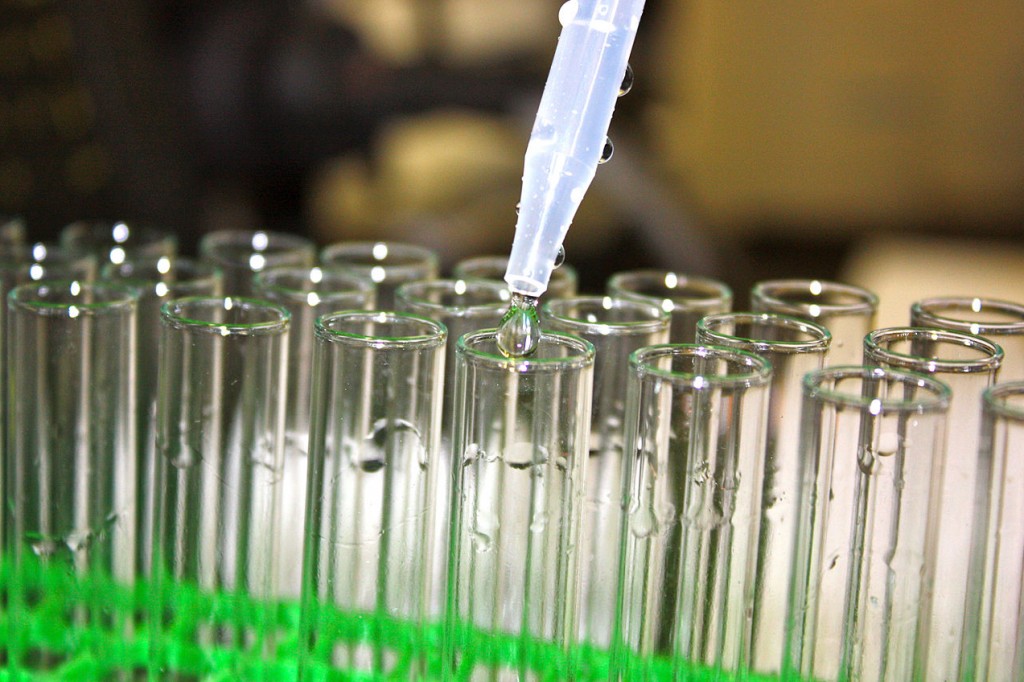A clinical study from Spain has supported a recent discovery by researchers from the School of Biosciences and Goethe University Frankfurt which showed that the protease inhibitor aprotinin prevents cells from being infected by SARS-CoV2.
SARS-CoV-2, the coronavirus that causes COVID-19, needs its spike proteins to dock onto proteins (ACE receptors) on the surface of the host cells. Before this docking is possible, parts of the spike protein have to be cleaved by the host cell’s enzymes, known as proteases.
In 2020, a team led by Professor Martin Michaelis and Professor Mark Wass (Kent), and Professor Jindrich Cinatl (Goethe University Frankfurt), conducted cell culture experiments and found that aprotinin, a protease inhibitor, could inhibit virus replications by preventing SARS-CoV-2 entry into host cells.
Now, a Spanish research consortium has published the findings of a phase III clinical study investigating the use of an aprotinin aerosol in COVID-19 patients. They discovered that, among other improvements, patients receiving an aprotinin aerosol could be discharged from hospital significantly earlier, with hospital stays reduced by five days. The Spanish team also demonstrated that aprotinin is effective against the Delta and Omicron variants.
Professor Michaelis said: ‘Our cell culture data looked very convincing. It is exciting that aprotinin has now also been shown to be effective against COVID-19 in patients.’
Professor Jindrich Cinatl said: ‘This shows how scientific collaborations work even without a direct relationship between researchers. I am very glad that our cell culture study inspired this successful clinical trial.’
Spanish study: Francisco Javier Redondo-Calvo et. al.: Aprotinin treatment against SARS-CoV-2: A randomized phase III study to evaluate the safety and efficacy of a pan-protease inhibitor for moderate COVID-19. Eur. J. Clin. Invest. (2022) https://doi.org/10.1111/eci.13776

